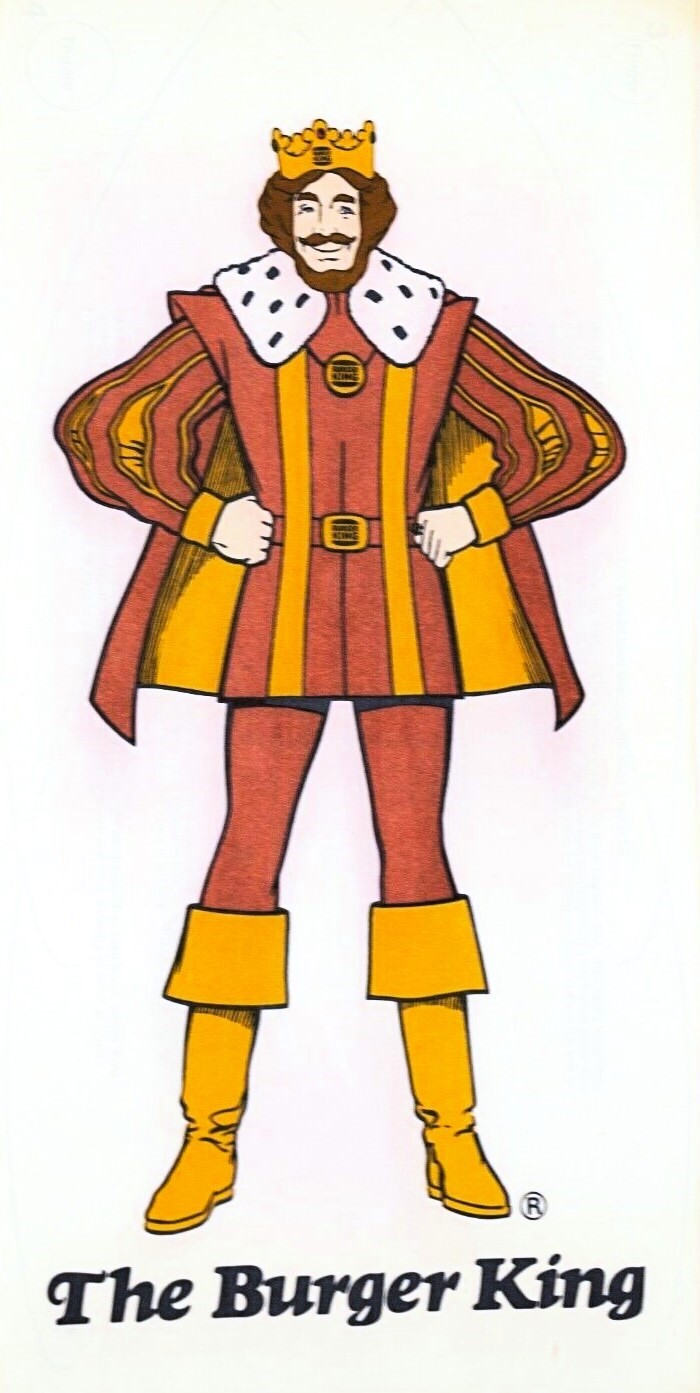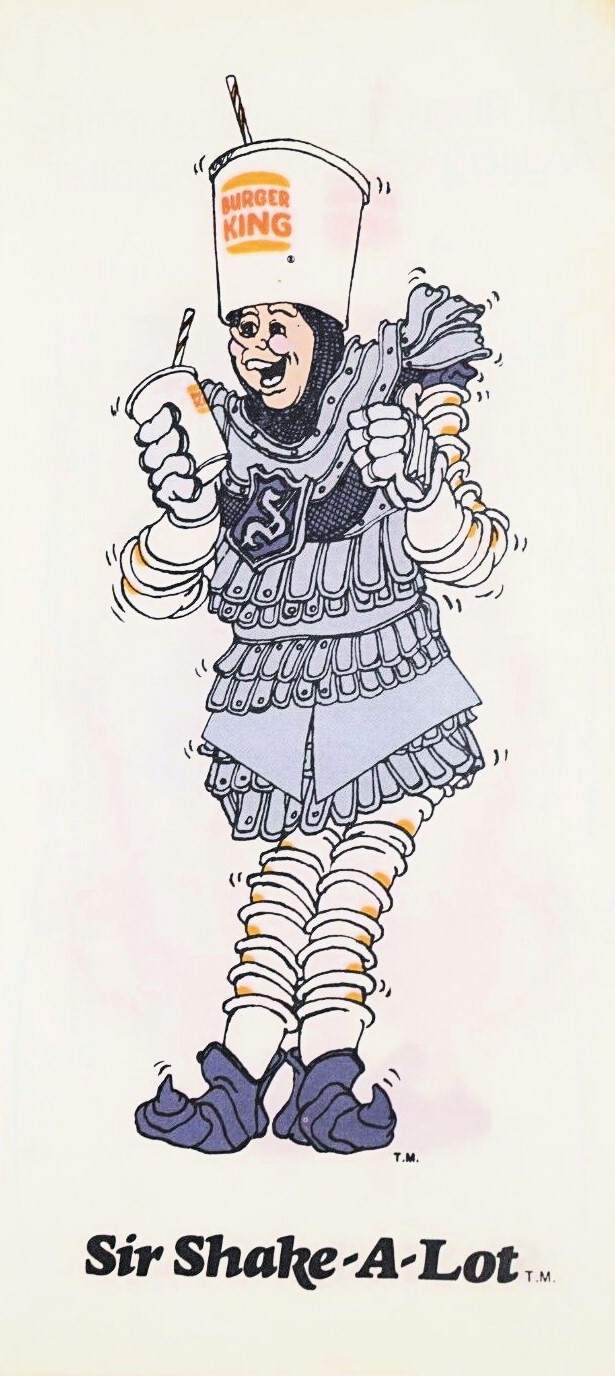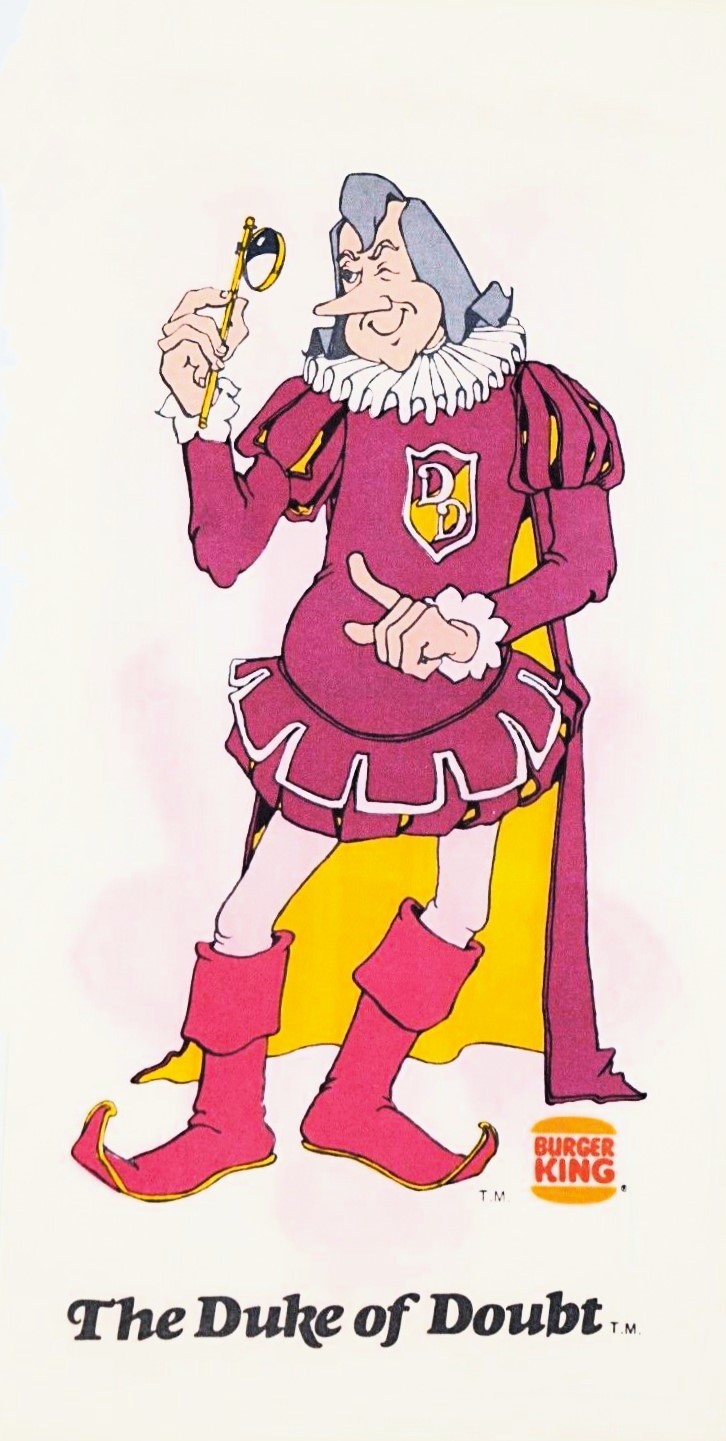#seventy one
Explore tagged Tumblr posts
Text

Ryan McLeod | PRACTICE: BIGGER PICTURE | 15.03.24
18 notes
·
View notes
Text

2 notes
·
View notes
Text

FKA twigs at the SEVENTY ONE x Reference Studios launch party in Berlin - 12/9/23
Wearing:
Anona Cracked Mini Bag by Dentro
NHARNHURUN Chain by Nino Gojda


#fkatwigs#fkatwigsfashion#fkatwigsstyle#fka twigs#twigs#tahliah barnett#tahliah debrett barnett#2023#dentro#appearance#reference studios#seventy one#nino gojda#jewelry
10 notes
·
View notes
Text





1970s Burger King mascots t-shirt iron ons
#burger king#fast food mascots#vintage iron ons#iron-on transfers#70s advertising#70s fashion#sir shake-a-lot#the duke of doubt#the wizard of fries#the burger thing#seventies#1970s#1976#1979
3K notes
·
View notes
Text

i really like this meme
#IM SO SORRY IF SO EONES DONE THIS ALREADY im a bit late😭😭#alliumduo#cranboo#ctommy#calliumduo#got up at 5am to continue coloring thsi stupid post guys i was really locked in#I LOVE DRAWING THOSE SQUINTY EYES ON TOMMY theyre so funny looking#MY STULE IS KIND OF INCONSISTENT SORRY This is the real one i just forget how to draw like seventy percent of the time and accidentally give#everyone Big ass bobble heads It's never intentional😭😭😭😭😭#I love u early calliumduo beef bit
830 notes
·
View notes
Text

Marianne Faithfull by David Redfern, 1975.
#Marianne Faithfull#David Redfern#70s#seventies#vintage#hat#fashion#makeup#photoshoot#one of my favorites
334 notes
·
View notes
Note
Please tell me this will be a happy ending

dearest anon, only time will tell
#post's rambles#dark meta knight#mir falspar#kirby right back at ya#galaxy soldier army#mirror madness#and thus concludes Act 3 and the kitchen plot#new character name drop! say hello to#Mir Fehr#that one background recruit who also had an honorary appearance in a gsa fic I wrote way back#SEVENTY-NINE PAGES!!!! WEVE MADE IT AT LAST!!!!!!#WE FINALLY MADE IT FOLKS#HUUUUUUUGE congrats to everyone following along and to the lovely lovely people keeping the ask box chugging through this whole thing#you enable me with your comments questions and speculations lets watch Mir Falspar succumb to tragedy together#stay tuned for some epilogue tidbits!#and for a collection of all 79 parts
196 notes
·
View notes
Text




the roaring twenties 🎺
#ts4#sims 4#the sims 4#black simblr#black simmer#sims 4 historical#ts4 historical#ts4 edit#🪐#rosetta mae vaughan#a mirror post to my seventies edits 🫶🏾#i absolutely loved creating the looks for this especially the makeup and hairs like yassss soo scrumptious 🙏🏾☝🏾#i might do a full lookbook later maybe next year if i remember to do one
532 notes
·
View notes
Text

colorized
#james yates#seventy one gin#robe#perfect male body#hunk#blonde#stud#hot abs#boyfriend#male pecs#muscle stud#gym bro#beautiful men#v line#perfect abs#washboard abs
352 notes
·
View notes
Text
I just finished watching the 1966 Hammer flick Plague of the Zombies, and I'm fascinated by it. The premise is that the squire of a small Cornish village, who was raised in the Caribbean before being called home to take over after his father's death, has turned to voodoo to try to get workers to reopen the tin mines that made the village's fortune.
The movie sits neatly in an uneasy horror space between the original horror of the zombie - of your will being overridden by another's, of continuing to be enslaved even after death should have released you from all earthly woes - and Romero's ghouls and everything that they spawned. A nightmare sequence features hands pushing up out of fresh-dug graves, dead faces closing in all around one of our protagonists - but in the end, the only person the zombies are truly dangerous to is the man who created them. The true horror of the story is the absolute power that the squire holds over the people of the village, made metaphorical as voodoo.
The tin mines were closed after multiple fatal accidents caused the men of the village to refuse to work there anymore, so the squire removed their ability to refuse by killing and raising them as zombies. At the end of the day, he owns these people, body and soul, and there's nothing that the police or the vicar or anyone else who is supposed to be responsible for the villagers' wellbeing can do, so long as the squire holds this position of absolute power.
If you feel you simply must transplant zombie horror based in voodoo into a white European context, I feel like using it to highlight the injustices of a system of government directly descended from feudalism is not the worst choice you could make.
#the movie itself is solidly middling late sixties-early seventies horror fare#not terrible. not groundbreaking. all the 'nighttime' scenes are very obviously shot in broad daylight#also wondering if gdt saw this one because 'the descendant(s) of a minor english aristocrat who's trying to reopen the abandoned mines >#< that once made their family and their rural community their fortunes resort to murder in a doomed effort to restore their former glory'#is uhhhhhhh also the plot of crimson peak
86 notes
·
View notes
Text

do you think this qualifies as an autism diagnosis
#i knew i’d be up there#top 0.1% wasn’t out of the question#it was just the 71x that got me#you’re telling me#for every ONE video an average viewer watches#i watched SEVENTY ONE#how is that even POSSIBLE#i have a JOB and COLLEGE WORK#there must’ve been times i fell asleep with them there#and i’d like to say it’s because i binged all their videos#but that’s JUST FOR DNPG#not including their solo channels#jesus fuck#dan and phil#dnp#phan
146 notes
·
View notes
Text
I keep thinking about Lewis' review of The Hobbit, because he claimed that the main thing contemporary reviewers compared it to was Alice's Adventures in Wonderland. Was fantasy in that poor of a state that Alice was the closest thing they could think of? Comparing that chaotic fever dream to Tolkien's intricately crafted world? Lewis does specify that the comparison is that both books are by an "Oxford professor at play", but they're otherwise so different that putting the two in the same category baffles me.
#books#tolkien#the hobbit#c.s. lewis#alice's adventures in wonderland#(i just reread alice because the nicely-formatted bookbinding pdf made a nice ebook)#(thought i'd give it another chance after seeing how foundational it is (mentioned in so many other works))#i think there's an unbridgable cultural gap somewhere#i can't fathom how anyone can read this and become invested in wonderland as a world#it's so random and so chaotic and everyone's a pun and no one's a character#and yet somehow there are books upon books upon books that try to turn it into a dark fantasy world#it doesn't make sense! it's a world that's not supposed to make sense!#and yet they try to treat the government as legitimate and the queen as a real threat etc.#okay sorry for the digression#but my point is that it's odd that there was nothing else in that seventy-ish year gap for them to compare it to#the only thing coming to mind is peter pan#i suppose george macdonald and e nesbit both had their own brands of popular children's fantasy#maybe the real shocking thing about that comparison#is that i'm so used to seeing it compared to narnia that putting the hobbit in a category with any earlier fantasy work seems weird
116 notes
·
View notes
Text


❀ 𝐌𝐚𝐫𝐥𝐞𝐧𝐞 𝐊𝐧𝐚𝐮𝐬 ❀
#marlene knaus#1970s#70s#seventies#70s aesthetic#motorsports#motor racing#f1#formula one#formula 1#fashion#70s fashion#niki lauda#wags#sport wags#vintage sports#f1 wags
53 notes
·
View notes
Text

Shes flying
(Day seventy one)
77 notes
·
View notes
Text

Pinball Wizard t-shirt iron-on art by Ed Newton - Roach Studios (1974)
#ed newton#pinball wizard#roach studions#vintage t-shirts#vintage iron-ons#70s fashion#iron on transfers#70s arcade#seventies#1974
568 notes
·
View notes
Text

Marianne Faithfull by Robert Mapplethorpe, 1976.
#Marianne Faithfull#a rare one!#Robert Mapplethorpe#♡#70s#seventies#vintage#fashion#black and white#make up#wine#cigarette#photography#photoshoot
429 notes
·
View notes